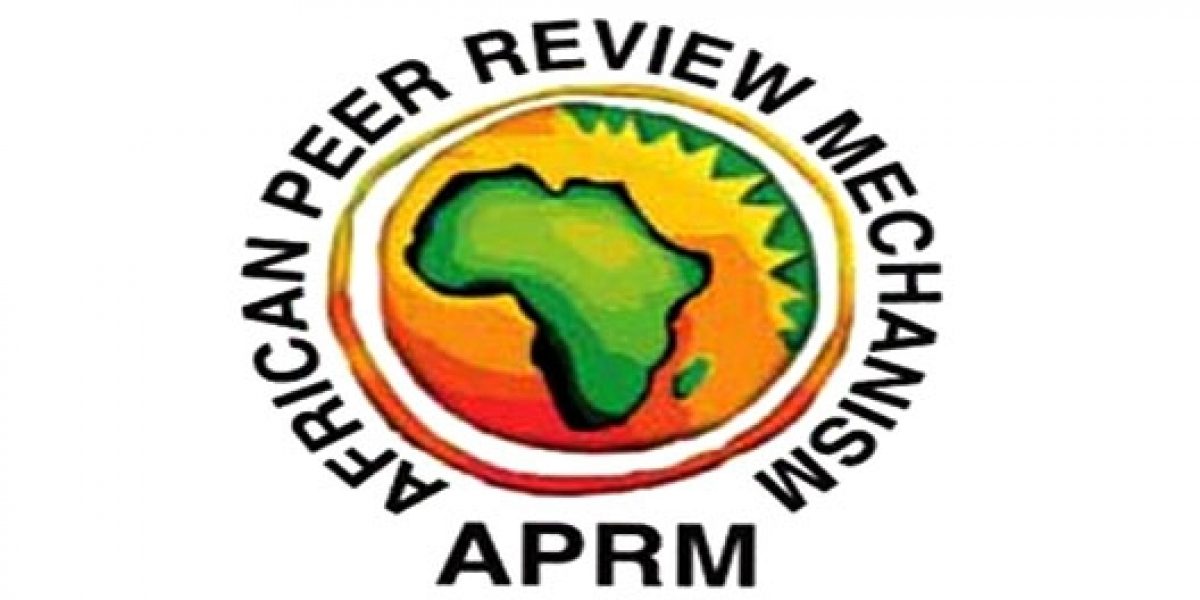With Africa’s independence in the late 1950s/ early 1960s and up to the late 1980s/early 1990s, the democracy project was not at the top of the national, regional or continental agendas of nation-building, or regional and continental integration. The democracy project became a cornerstone of nation formation, state-building and continental integration agendas much more so in the period late 1980s/early 1990s to date, especially with the transformation of the Organisation for African Unity (OAU) into the African Union (AU). Significantly, it was during the AU era that both the African Peer Review Mechanism (APRM) and the African Charter on Democracy, Elections and Governance (ACDEG) became key aspects of African integration anchored to the twin doctrines of pan-Africanism and African Renaissance.
As the APRM enters its second decade, the way forward for its effective implementation and stronger interface with ACDEG should be informed by five main strategic imperatives. First, more effort and energy need to be invested in ensuring that all 54 member states of the AU accede to the mechanism and undergo governance reviews. Second, concerted efforts need to be made to implore all APRM countries to sign, ratify and implement ACDEG, while also lobbying and advocating for the universal ratification of the charter by all AU member states. Third, given their significance in entrenching a culture of domestic accountability, the implementation of both the APRM and ACDEG must ensure a balanced role for both state and non-state actors in order to guard against state-centrism, and promote broader citizen engagement with these continental governance initiatives. Fourth, the sustainability of the APRM and ACDEG, in the long run, should be predicated upon stronger institutional and operational synergies between the AU’s African Governance Architecture (AGA) and the African Peace and Security Architecture (APSA) because sustainable human development is unattainable without democracy and peace. Fifth, AU member states should mobilise domestic resources for the effective implementation of National Programmes of Action (NPoAs) and domestication or implementation of ACDEG rather than depending on external donor contributions, as this may have deleterious consequences for national ownership of these initiatives.







